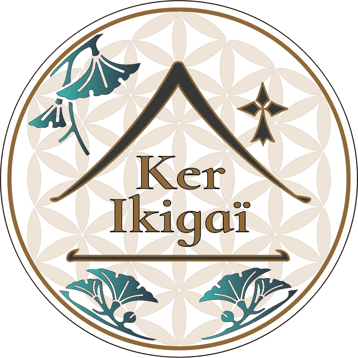Cross-functional expertise
A robust and diverse foundation for evolving projects. Grounded, agile, and deeply embodied expertise.


In today's rapidly changing landscape, the need for a robust and diverse foundation for evolving projects has never been more critical. Organizations must cultivate an environment that not only adapts to change but thrives on it. This foundation allows teams to pivot quickly, embrace new challenges, and foster innovative solutions that meet the demands of their clients and stakeholders.
At the heart of a thriving project ecosystem lies grounded expertise. This means not only having knowledge but also the ability to apply this knowledge effectively in real-world scenarios. Grounded expertise is built on years of experience, understanding the nuances of various contexts, and being able to draw upon a rich reservoir of lessons learned. It ensures that team members can identify potential pitfalls and navigate complexities with confidence, ultimately leading to more successful outcomes.
In addition to being grounded, organizations must also embrace agility. An agile approach encourages flexibility and responsiveness, allowing teams to adapt their methods and processes as needed. This agile mindset fosters collaboration, encourages iterative progress, and supports a culture of continuous improvement. By embedding agility within the framework of project management, organizations can respond to feedback, capitalize on opportunities, and effectively manage changes in scope or direction without losing momentum.
Moreover, deep embodiment of expertise is a crucial element for success. This aspect emphasizes not just theoretical knowledge, but the integration of skills into practice through hands-on experience. When team members embody their expertise, they bring a level of confidence and authority to their roles, which resonates throughout the entire project. It enables them to contribute meaningfully in discussions, make informed decisions swiftly, and inspire their colleagues with a vision that aligns with the project's goals.
To cultivate this robust and diverse foundation, organizations should invest in training and development initiatives that empower their workforce. Offering workshops, mentorship programs, and opportunities to engage in cross-functional projects enhances the skill set of individuals and teams alike. Additionally, fostering a culture of knowledge sharing enables teams to learn from each other and innovate collectively, laying the groundwork for a strong foundation that can support the evolving needs of projects.
Furthermore, diversity plays an indispensable role in creating a rich pool of ideas and perspectives that fuel creativity and enhance problem-solving capabilities. By promoting diversity within teams—across backgrounds, experiences, and thought processes—organizations can unlock untapped potential and drive innovation. This diverse composition not only equips teams to tackle challenges from multiple angles but also ensures that solutions are more inclusive and reflective of a broader audience.
In summary, building a robust and diverse foundation for evolving projects requires a commitment to grounded, agile, and deeply embodied expertise. Organizations that prioritize these elements will find themselves better equipped to meet the demands of a dynamic marketplace, adapt to changing technologies, and lead their industries with confidence. Emphasizing continuous learning and embracing diversity will ensure that teams remain adaptable and creative, ultimately driving projects to successful completion in an ever-evolving world.
And here's what Ker Ikigaï has to offer in such context :
